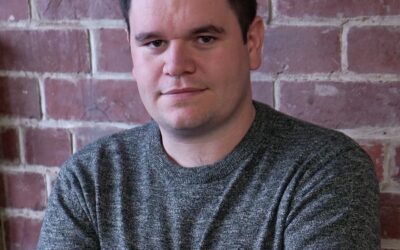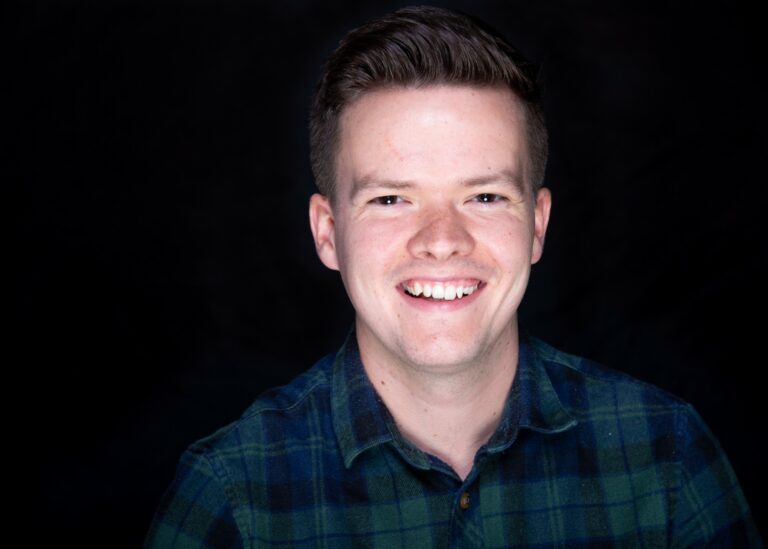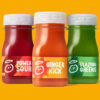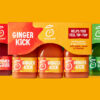Brands face the same challenges as consumers and creatives: to care or not to care. Those that fail to navigate the moral maze will become extinct. But can global brands have a heart, asks Richard Pay, Creative Lead at Uniform.
I can’t make a cup of tea without facing a moral quandary – cow’s milk fuels an industry abusing cows. I move on to almond milk. Turns out that’s killing the bees. Oat milk it is. But wait a second, now I find out that tea bags are driving slavery. It’s a minefield – but we’re all realising that the things we buy come with a much higher price.
Today’s real buying decision: to care or not to care?
This is the same challenge that brands face. It’s not enough to be the most delicious, the most stylish, or the most advanced any more.
Imagine how difficult this new world is for global brands to navigate – businesses that have been operating for decades, if not centuries. The fundamental issues within their business are now brought to light; their products and processes scrutinised, criticised and boycotted.
It’s no wonder nerves are high. Big brands dip their toes into the treacherous ethics waters to be immediately accused of greenwashing, woke-washing and jumping on the latest bandwagon, because if there’s a hole in your story, it will be found.
However, over 70% of Gen Z believe that brands should take a stance on social issues. And most millennials would take a pay cut to work at an environmentally responsible company.
So if you don’t give a shit, people won’t give a shit about you. And quite rightly.
But real change takes time – you can’t become perfect overnight (and you definitely shouldn’t pretend to be). Honesty, intent and action is what the world needs to see.
So can global brands have a heart? Absolutely. Brands are a reflection of the people who work there. The decisions they make, the action they take, the change they want to see. They are the proof that global brands can have a heart.
In my role as a creative, I work with global brands to help them succeed. In order to do that I need to make a commitment. A commitment to guide and advise brands through these changing times. A commitment to not bury my head in the sand, to push back, to ask the hard questions and to insist on better – to keep up with the shifting grounds that will enlighten my world view and my clients, and work harder to find the sweet spot between incredible creative and positive impact.
And we’re not alone in this. Many of the biggest brands we work with have ethics at the top of their agenda. Their priorities are changing and we are being called upon to help them reach their goals.
For example, our client Innocent have always been committed to giving back. They’re committed to being a force for good and pride themselves on doing business in a way that is better for the planet.














